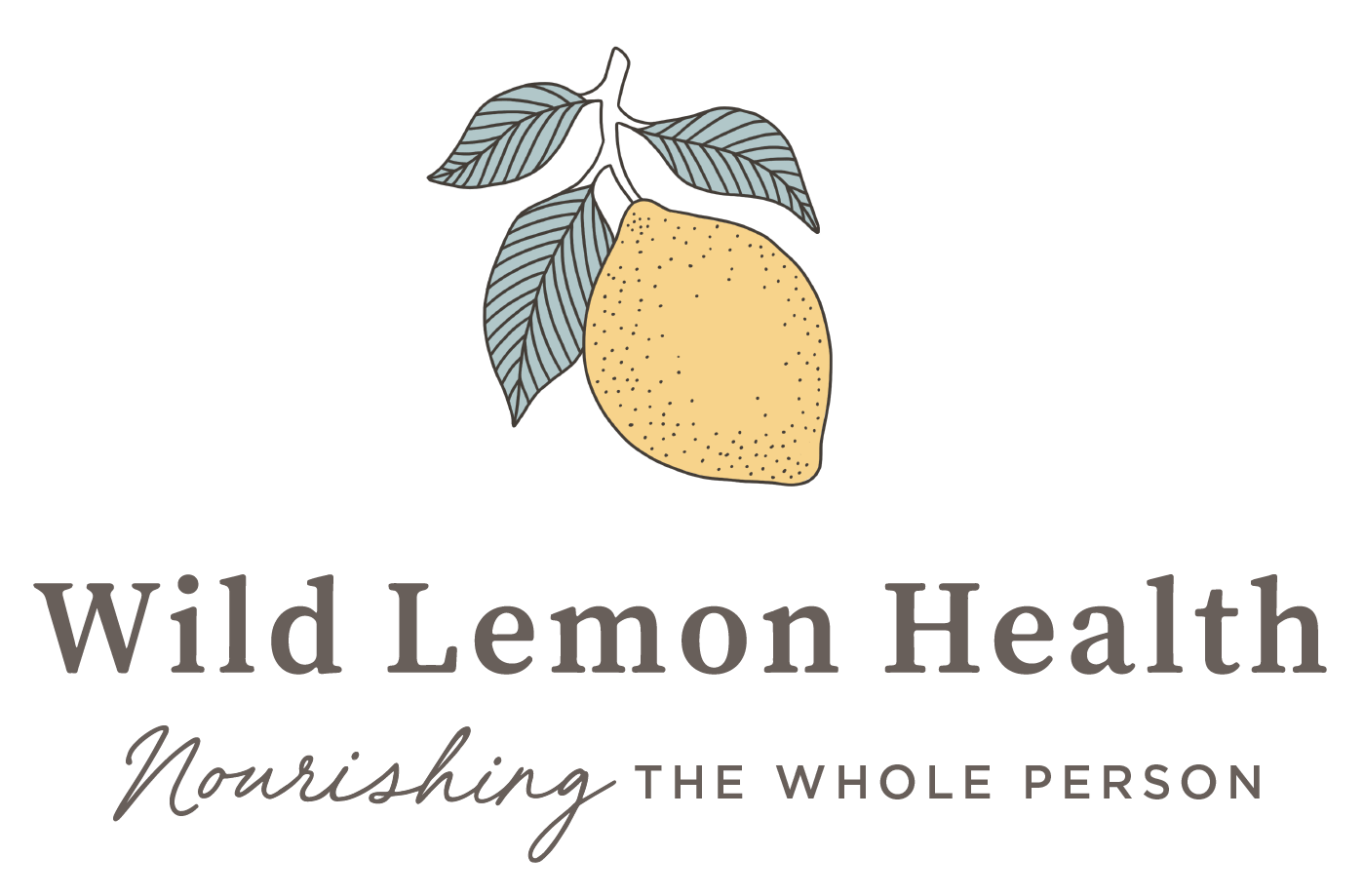Lessons learned from Terra Madre
In September, I was in Italy for a crazy-amazing Slow Food conference called Terra Madre--a global gathering of people who are all, in different ways, working towards improving the food system. There were forums, conferences, tastings, inspiring speakers, dancing and celebration, and of course marketplace after marketplace of food.
The experience changed me. I think it was grace in action. I love the NYT columnist David Brooks’ description of grace-- a moment of soul swelling when you’re confronted with a happiness that spills out of the boundaries of reality. This encompasses so beautifully what those two weeks were like. The many edges of fullness that were new, startling and wonderful.
I know my own insights and questions will continue to evolve, but it seems important to mark the experience with lessons learned. Or more accurately, lessons-in-the-learning.
Food needs to be integrated. Just like we can’t think of our body parts in isolation, we can’t continue to compartmentalize food simply as nutrients or food parts. We need to make food more whole again, encompassing all the magic that happens from seed to table. The Italians have something special here. The way the table is set, the preparation for each course, the stories of each dish, the sheer enjoyment and sensory pleasure from the food. Nowhere have I eaten in a way that is so pleasurable and relaxed. Yes, do take out processed and frankenfoods out of your diet, but we could all stand to relax a little around food and enjoy it for pleasure itself.
Food matters. I cared deeply about food before I went to Italy. Still, I came back with a greater appreciation for how this simple statement is much bigger than just the health of our bodies.
On an afternoon after lunch, I was struggling to stay awake in an olive oil talk. The room was dark and warm, I had walked for most of the day, and a lot was being lost in translation. At the end of the talk, olive oil producers starting talking shop. And then one woman from Palestine described how soldiers would come across the border uproot thousand year old olive trees from her land and transplant them to the other side of the border. This stunned me. Stunned me because all of a sudden my beloved olive oil was part of a turbulent history, part of a political act, an affront on someone’s connection to the land. I, by no means, share this story as a political opinion, but more so because in reflecting afterwards, from it I realized the immensity of food.
On the one hand, how the way I know food is much different from someone who is tending to trees thousands of years old in a zone of conflict. But also how all the producers bringing their stories made olive oil come alive in a much fuller and richer complexity and pointed to much bigger conversations around access, identity, community, the environment, and modernity.
It’s about the food and it’s not about the food. The food is the expression, the entry point, the bridge. But slowing down to eat and bringing more awareness around the impact of food is about a slow ethos, choosing life over destruction. Love over fear. Courage and hope over disillusionment and apathy.
They are giants, but we are a multitude: the rallying cry from Slow Food for the conference; I need this reminder so much. In food and health, there are big entrenched ways of doing things, that in my opinion need a lot of updating and re-humanizing. And the giants that threaten the values of good, clean and fair can seem so big (like Bayer or Monsanto). Yet, I met and heard of people who daily defy the industry tendency towards fast, easy and cheap. Even some with fear of political consequence, terror and violence. I have no doubt the courage of a multitude will move us forward.
To slow long meals with good food,
Antonella

